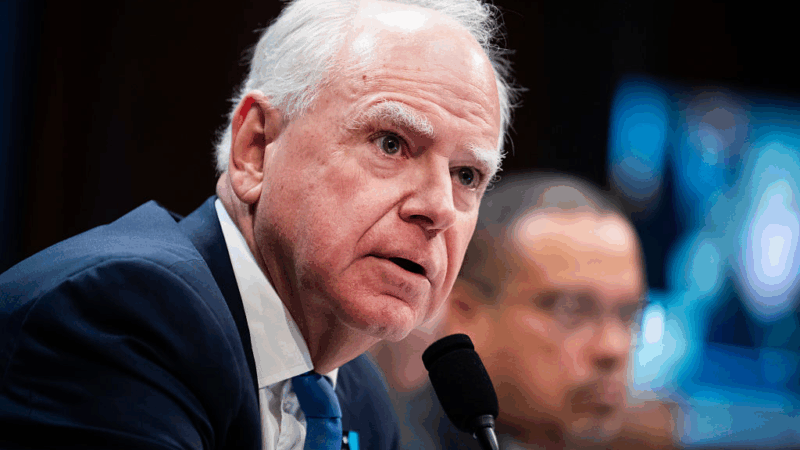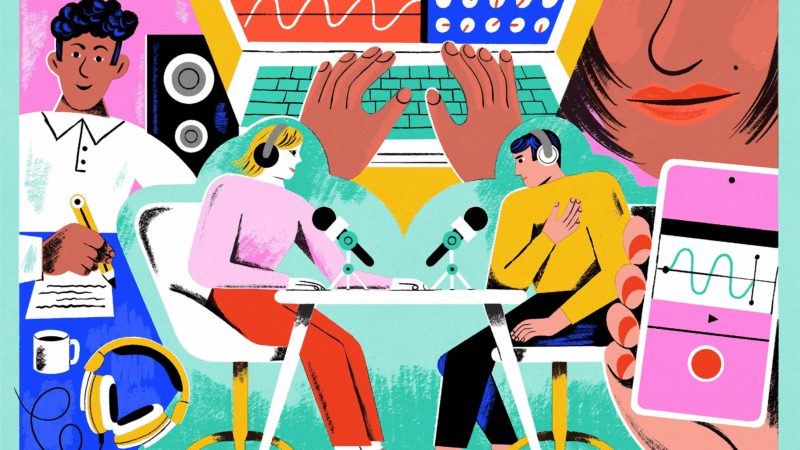I can’t stop thinking about this plotline in ‘Materialists’
This essay discusses cinematic depictions of sexual assault and a minor spoiler for Materialists.
The third act of the infamously schlocky Paul Verhoeven flick Showgirls takes a hard-left turn from being cheese-tastic smut to a harrowing nightmare. It’s the moment when Vegas showgirl Nomi Malone’s one and only friend, Molly Abrams, is brutally gang-raped at a glitzy party, and it’s the only part of the movie that actually looks and feels soberingly real. Molly’s trauma sets Nomi up to be a hero as she avenges the rape in the name of her friend. Everything about the way this plot device plays out is supremely icky.
Weirdly enough, this was one of the first things that popped into my mind after seeing Celine Song’s Materialists, a movie that, in almost every way, couldn’t be further from Showgirls. The romantic drama — in which a money-obsessed New York City matchmaker (Dakota Johnson) is wooed by Harry, a financial investor (Pedro Pascal) and John, a cater waiter ex-boyfriend (Chris Evans) — is a fascinating high-art mess. As I noted in both my review and Pop Culture Happy Hour conversation, it has a lot of big and interesting thoughts that don’t quite gel together in a coherent or satisfying way. Most confounding is the B-plot, which, like Verhoeven’s film, has its protagonist finding strength and emotional growth via a side character’s suffering.
About mid-way through the movie, it’s revealed one of Lucy’s clients, Sophie (Zoë Winters), has been assaulted by someone Lucy set her up with; the woman has hired lawyers and is suing the company for failing to vet her date.
It’s a jarring turn of events for a film that’s been heavily marketed as a rom-com (including by Song and Johnson), and it gives me pause. Its function seems clear — as a way to shatter Lucy’s cynical and capitalist-forward approach to dating and love, both in her professional and personal life. In very unhinged behavior, Lucy tracks Sophie down (after her boss expressly tells her the client doesn’t want any contact whatsoever), and unsurprisingly, Sophie admonishes her for invading her privacy in an attempt to absolve her feelings of guilt. “I’m not merchandise!” she screams. “I’m a person. And I know I deserve love.” She also calls Lucy a “pimp.”
If that scene had been the end of this plotline, I could understand Song’s decision to include it as a way of acknowledging some of the harsh realities that come with turning dating into a business, even as it lies within the questionable narrative realm of rape-as-drama. But — and this is why my mind drew a connection to Showgirls — Song takes it a step further by allowing Lucy to find redemption through Sophie, who later calls her for help when her assaulter begins harassing her outside her home.
Lucy rushes back to the city from upstate New York, where she and John have crashed a twee barnyard wedding and just had a conversation about how she feels she’s too materialistic to be with him. The guy has left, but Lucy comforts Sophie by reassuring her she’ll marry “the love of her life” someday. Soon after, Lucy declares her love for John and is suddenly content to perhaps never have a lot of money. Presumably, this is because she doesn’t want to end up like Sophie, on the cusp of 40 and still out there in the bleak dating scene.
It’s not exploitative like Showgirls, which horrifically depicts the assault against a Black woman onscreen, or, for that matter, plenty of other stories that use the trauma of secondary characters to make them and/or the protagonists “better” or more sympathetic to the viewer. Nevertheless, it feels oddly cynical — again: This has been touted as a rom-com! — as a means of getting from point A (Lucy-as-icy-social climber) to point B (Lucy-as-hopeless-romantic).
This execution and much of the rest of Materialists is disappointing, with the memory of the very high highs of Song’s previous feature, Past Lives, doing it no favors. Yet I’m still eager to see what Song does next because there’s excitement in engaging with a misfire from a strong director who is still early in their career. Beneath the movie’s shagginess is a spark of challenging ideas and the legible potential for a sharper film, if only the filmmaker could connect the dots without falling back on retrograde tropes.
This piece also appeared in NPR’s Pop Culture Happy Hour newsletter. Sign up for the newsletter so you don’t miss the next one, plus get weekly recommendations about what’s making us happy.
Listen to Pop Culture Happy Hour on Apple Podcasts and Spotify.
If you loved ‘Sinners,’ here’s what to watch next
So you loved best picture nominee Sinners. What should you watch next? We asked our audience to share their recommendations. They suggested Near Dark, The Wailing and other vampire horror films.
U.S-Israeli strikes continue across Iran, Iranian drones hit Azerbaijan
The U.S. and Israel said they conducted new strikes inside Iran overnight, targeting ballistic missile launchers. Iran claimed it struck a U.S. oil tanker in the northern Persian Gulf.
In lawsuit, Minnesota accuses Trump administration of ‘weaponizing’ Medicaid funding
The federal government said the state should do more to fight fraud and is holding back funds. Minnesota officials say the attack is unfair as the state's fraud rate is well below national averages.
Wall Street is betting on tariff refunds after Supreme Court ruling
When the Supreme Court struck down many of President Trump's tariffs, it left importers wondering how long they'd have to wait to get their money back. Hedge funds are offering to help out.
Announcing the 2025 NPR College Podcast Challenge Honorable Mentions
Here are some of the best entries in NPR's 2025 College Podcast Challenge.
When ICE came, Minneapolis created underground health networks. Should other cities?
The Trump administration's immigration crackdown in Minneapolis forced some families into hiding and catalyzed informal medical networks to deliver critical health care services inside homes.







